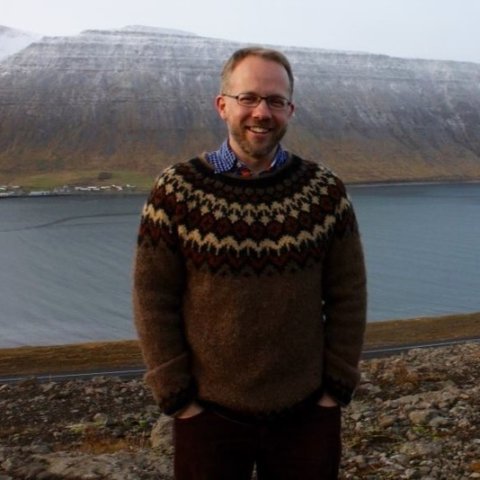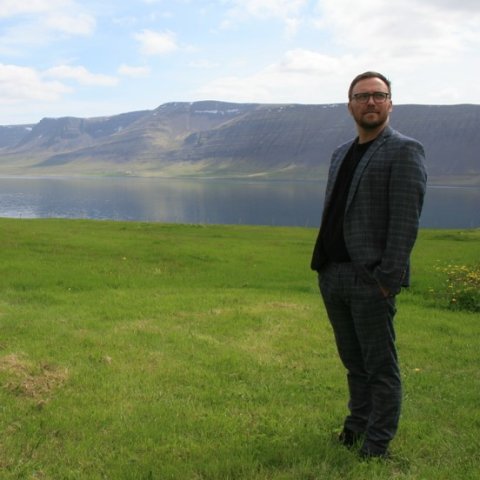Here below you can find all master courses the University Centre offers. All courses are taught in 1-3 week modules running from August through June. See how the courses are organised in the teaching schedule for both programs. Usually 2-3 courses are taught at the same time, but students may only enroll in one course at a time.
The master courses are available to you whether you plan to pursue a degree or just take a course or courses. Please review the options for guest studies to determine how you can apply.
For further information, contact the Administrative Director of Education and Teaching.
Applied Methodology
- Spring 2025
- Instructors: Dr. Brack Hale / Dr. Matthias Kokorsch
About the course
The course provides students with knowledge, skills and competence in applied methods. The course explores key methods used in coastal studies and covers topics such as sampling design, data collection, processing and interpretation. Strengths and limitations of relevant methods are discussed. The course includes a series of guest lectures presenting the range of methods used in the field. In addition, connections among methodologies and theoretical issues are addressed.
In practical sessions, students discuss research articles in relation to coastal studies and their methods. Throughout the course, students apply different methods and acquire the tools for conducting a scientifically sound survey.
Instructors
is the Academic Director of the Coastal and Marine Managment program at UW.
Brack holds a Ph.D. in Land Resources from University of Wisconsin-Madison, a M.E.M. degree in Water Resources from Duke University, and a bachelor's degree in Comparative Area Studies from Duke University. He is full professor of Biology and Environmental Science and division chair of the Division of Environment, Math, Psychology, and Health at Franklin University Switzerland.
Dr. Hale has extensive experience in academic administration, curriculum development, teaching, quality assessment, as well as leadership and management. Coming from a small and highly international institution like Franklin University Switzerland.
Brack Hale has been engaged in various collaborations with UW during the last ten years and has brought student groups to Iceland since 2010, both to the Westfjords and other parts of Iceland, and has spent a semester on sabbatical at the University Centre in 2017.

is the Academic Director of the Coastal Communities and Regional Development program at UW.
My main current research interests include community resilience, regional development, particularly in sparsely populated regions, structural changes of old-industrial areas, and resource management in combination with aspects of justice and decision-making processes.

Learning outcome
On completion of the course, a student:
- can recognize and explain the most commonly used research methods within coastal studies.
- can prepare, conduct and interpret surveys and interviews.
- can identify appropriate methods to address different research questions and to increase research quality.
- can identify limitations in research execution and methods.
- can summarize and criticize existing research methods within coastal studies.
Prerequisites: No prerequisites registered for the course
Assessment: 10% participation; 30% written assignments; 60% practical assignment
Final Exam: Assignment